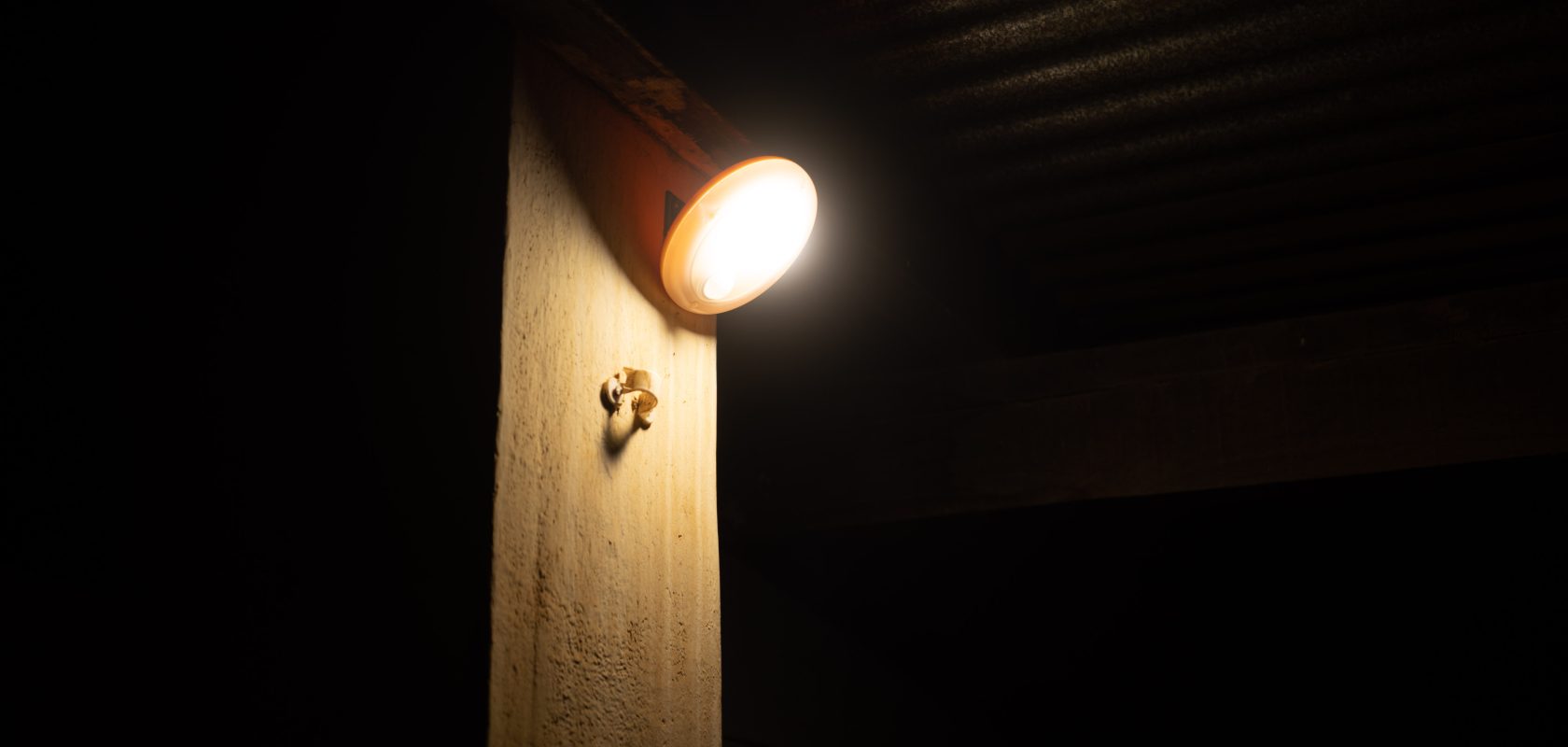We are pleased to report that, after lobbying the Malawian authorities, together with the Renewable Energy Industries Association of Malawi (REIAMA) and the wider solar sector, on the 18th February 2022, the Malawi Government took the decision to remove import duties (15 – 30%) on entry level solar lights.
This is hugely important. In a country where 96% of the rural population lack access to electricity, it is widely recognised that solar lanterns can play a vital role in helping light up rural off grid communities. They offer a clean, safe, alternative to dangerous, polluting, candles and kerosene lanterns. This move by the Malawi Government will help make solar lights, designed to meet the lighting needs of rural communities living without access to electricity, more affordable. It will help us bring an end to reliance on dangerous forms of lighting, such as candles.
Brave Mhonie, General Manager for SolarAid and SunnyMoney in Malawi, as well as Treasurer at REIAMA says, “We are thrilled that the Malawian Government has taken this bold step to remove import duties. This will help us achieve our dream, which is to ensure that everyone can access, clean, safe, solar lighting and power in Malawi. This has very much been a team effort and we are proud to have been collaborating with REIAMA, calling for this change. We thank the Malawi Government for making this change.”

Brave Mhonie, General Manager, Sunny Money & SolarAid, Malawi. Photo: SolarAid/Chris Gagnon
REIMA was established in 1999 by the Malawi Government through the Ministry of Energy as the voice of the solar sector in Malawi. By working together with REIAMA, we can help support the development of a strong and vibrant solar sector.
“This is timely and an important milestone towards achieving affordable and sustainable energy access for rural communities in Malawi. We are proud to be collaborating with the wider sector towards this common goal, to help Malawi continue on its path towards ensuring universal access to electricity by 2030,” says Soustain Chigalu, President of REIAMA.
At SolarAid, we always seek to work in partnership with governments to help transition towards a society where everyone, no matter where they live, has access to clean, safe, solar lighting and power.

John Keane, CEO, SolarAid
John Keane, CEO of SolarAid states, “Access to electricity is vital if we are to help improve quality of life and build the resilience of communities across Malawi. These are communities who have contributed the least towards the climate emergency we are in, but who are being hit the hardest, with multiple catastrophic cyclones hitting the region in recent years.”
Lack of access to electricity creates major barriers in accessing quality education and healthcare, it limits the possibilities to work after the sun has set, and it results in countless accidents across the country due to the use of toxic and dangerous lighting sources. Simple solar lanterns are specifically designed to meet the basic power and lighting needs of low income and extreme poor, off grid, households. They offer a clean, safe, alternative to dangerous, polluting, candles and kerosene lanterns.

Solar lights at a Light Library, Malawi. Photo: SolarAid/Chris Gagnon
To tax entry level solar lanterns has been up for debate in many countries across Africa before. However, several countries are recognising the importance of entry level lights for rural communities, as well as understanding how waiving taxes and tariffs on solar lanterns and solar home systems can boost national and local economies. Analysis in Kenya shows that exempting solar lanterns and Solar Home Systems of VAT, would generate over USD 40 million to the national treasury, in annual benefits from corporate taxes and other economic activity. In Senegal, the authorities have taken the decision to exempt solar lanterns from VAT (2020), recognising they have an important part to play in efforts to achieve universal electricity access. We are pleased to now see Malawi on the list of countries waiving taxes and tariffs on entry solar lights.
If solar lanterns are to be affordable to all and nations are to ensure universal access to electric lighting and power by 2030, it is vital authorities reduce or waive taxes and tariffs. Failing to do so, will mean fewer households will be able to afford solar lanterns, leaving many low income off grid households behind and forcing many people to rely on dangerous, polluting candles and rudimentary kerosene lamps to light their homes each night.
